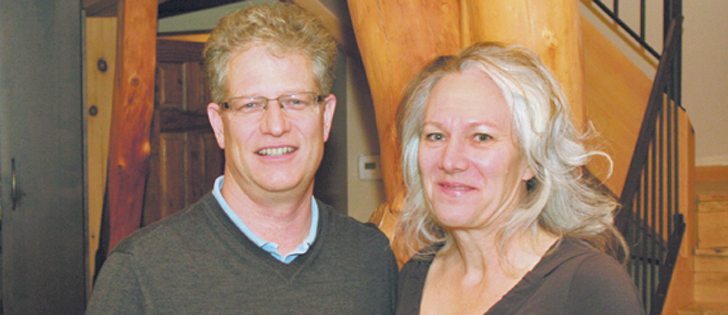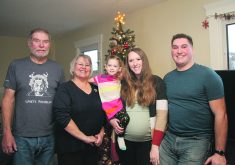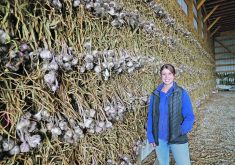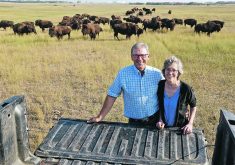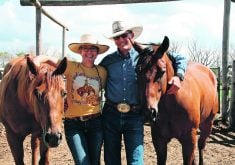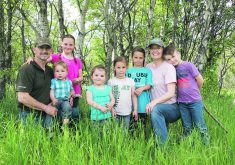Value of livestock | Work for Heifer International Canada focuses on livestock as a means for community development
OSLER, Sask. — Gord Enns and his wife, Lynne Driedger-Enns, have landed in the perfect location.
With family nearby and Saskatoon a short drive away, the couple’s rural home near Osler seems ideally located for the part-time Saskatchewan farmers.
The couple’s commute is an easy one. Nearby Martensville is where Driedger-Enns, a PhD candidate, teaches elementary school, and Saskatoon is where Enns serves as executive director for the national non-profit organization Heifer International Canada.
The pair attended the University of Saskatchewan where Enns studied animal science in the mid-1980s and spent time in Zimbabwe and India, with a lengthy stint in Regina in between. In the early 2000s, the couple settled into a home near the farmyard where Driedger-Enns grew up.
Read Also

Accurate accounting, inventory records are important
Maintaining detailed accounting and inventory records is not just a best practice; it’s a critical component of financial health, operational efficiency and compliance with programs like AgriStability.
“In a lot of ways, our family sort of cultivated the ground for us. That was quite a natural path for us to go and explore, but still have a strong sense of place,” said Driedger-Enns. “For me, wherever we were, I still always felt connected to the trees here and this place.”
Today, the couple owns a small parcel of land they are transitioning into organic production.
They and their grown sons, Thomas and Luke, help Driedger-Enns’s father and brother, an organic producer, with a 1,500-acre grain farm.
“I was very connected to that farm experience as a child,” said Enns, who grew up in the city but had rural relatives. “I wanted, from an early age, to be connected to agriculture.”
It was a mutual interest in agriculture and community development that motivated the couple’s travels to Zimbabwe to work with the Mennonite Central Committee. In the late 1990s, after travelling to India where Driedger-Enns taught, the family spent a few months working at Heifer International at its educational ranch in Arkansas.
“We just kind of fell in love with this organization, because for me it brought together development work and agriculture, specifically around animals,” said Enns.
“The idea of Heifer International, in very simple terms, is livestock as a tool for community development. That was powerful for us as a family to experience that.”
After returning to Saskatchewan a few years later, Enns was tapped to help launch the organization’s prairie chapter, which opened in 2002.
The organization, which recently received charitable status, has funded projects and worked with other organizations on food security in urban and First Nation communities across Western Canada. It also raises funds for the organization’s international efforts.
“Even though a lot of farms have gone to massive scale, there’s still a healthy mixed farm economy in Sask-atchewan, where people recognize the value of livestock, and in a country like Haiti, where a goat can make a huge difference to a family, there’s parallels there,” said Enns.
“I think the story of Heifer International, farm families will get that, how livestock can be a tool. They can also be a savings account. They can teach kids a lot about motivation.”
From Enns’ work with cattle extension programs to the couple’s travels abroad and the family’s grain farm, a theme emerges.
“I think it’s about community and it’s about family and it’s about values more than anything for us. We do have full-time jobs,” said Enns.
“But we value the farm,” added Driedger-Enns.

